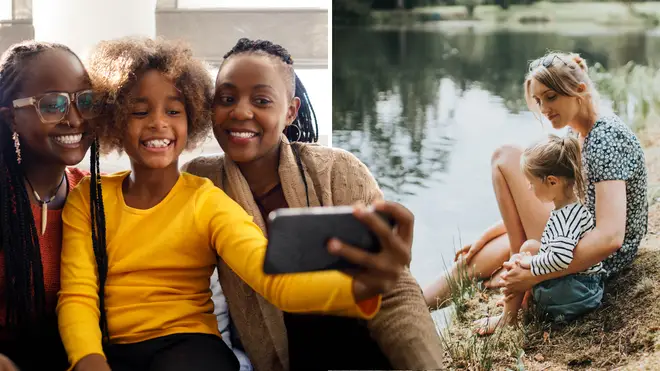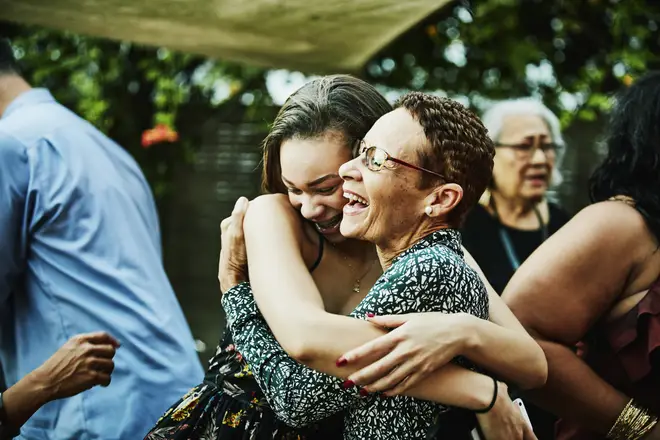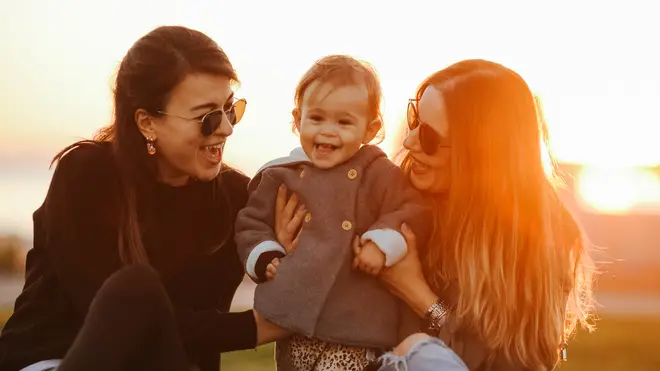On Air Now
Saturday Breakfast with Mark Wright and Olly Murs 9am - 12pm
2 December 2021, 15:34 | Updated: 15 December 2023, 12:10

The parenting expert explained why the role of aunt is so significant in a woman's journey from girl to teen and then adult.
Aunts are just as important as mums when it comes to raising women.
This is according to parenting expert Steve Biddulph, who believes aunts play valuable roles in a young woman's journey through their teens and beyond.
Steve, a psychologist and the author of Raising Girls And 10 Things Girls Need Most, puts an enormous amount of value on the role of an auntie, and explains why on the ABC's Parental As Everything podcast with Maggie Dent.
Talking on the episode titled Raising Girls, Steve says: "One of the things we know, for example, something that every 12-year-old girl knows for sure, [is that] she doesn't want to turn out like her mum.

"This is sad, I'm not taking any joy in this. You may well laugh but there are phases where they don't want to listen to you [mothers], but they still need lots of help."
He went on to explain that through research we have learnt that aunties are a "pillar of mental health for girls", and adds that an 'auntie figure' doesn't always need to be a blood relation.
"Somebody, around about your mum's age – a bit younger, a bit older – who loves you too", he said.
Steve goes on to encourage aunts who have nieces to put more of emphasis into bonding with them when they are around the age of eight.
He said that you should start by having them around to stay on certain occasions so you can start to build a foundation.
The expert went on: "When they're in their teens, start taking them for lunch once a month, get in their face a little bit.
"Ask those questions that aunties ask a lot like 'what do you really want your life to be about?'."

They can also quiz their aunt about boys and girls, a topic that they may feel uncomfortable asking their own mum about.
If these young girls have no one to talk to about these issues, they risk the damage that turning to a peer group can cause.
"If you don't provide this then girls will default to the peer group, and this is where social media gets out of control, because the peer group is very ill equipped to be supportive", he added.